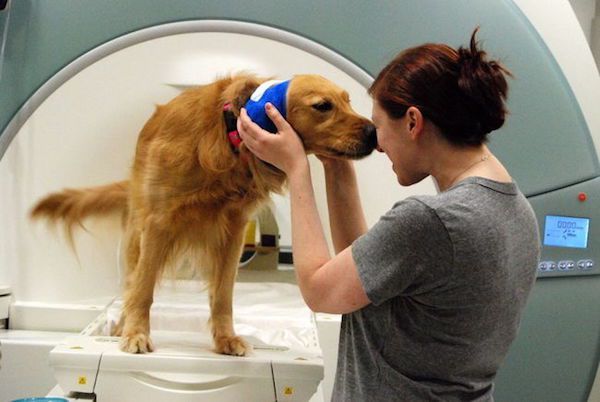
You know it and I know it, but somehow, this truth isn’t known by everyone in the world – dogs are people too. I mean, it doesn’t take a scientist to figure it out, yet there’s still a whole squad of idiots out there treating dogs like second class beings, and not like the beautiful furry children and family members that they are.
So science has decided to help dog people out. There’s been a series of studies that have trained dogs to sit inside MRI machines, so they can take a look at their beautiful canine brains to see what they’re thinking and feeling. And guess what?
There’s a lot going on inside of a dog’s brain that we don’t even know about. Also, they love us. A lot.
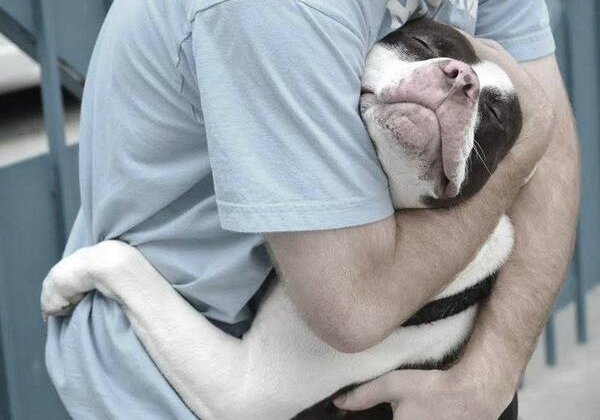
Dogs really do love us
According to the research, they see us as their family, and feel more affinity to us, than they do other unfamiliar dogs. To them, their owner is their parent, and their love for us will cause them to do anything and everything to make us happy and feel secure, which makes them feel secure.
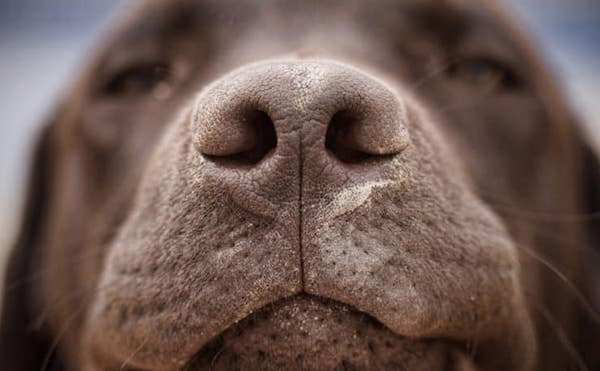
Dogs know their humans’ scent and will prioritize it over everything else
If you’ve seen dogs on TV use their nose to save humans in danger, you should know that it’s not fiction. The sense of smell is one of the dog’s most important senses, and they use it to understand the world around them. According to a study in 2014, scientists wanted to examine the canine ability to differentiate between the scents of familiar dogs & people versus unfamiliar ones. What they found was that dogs prioritize their human’s smells over everything else. It lights up a reward centre in their brain, and fills them with joy.
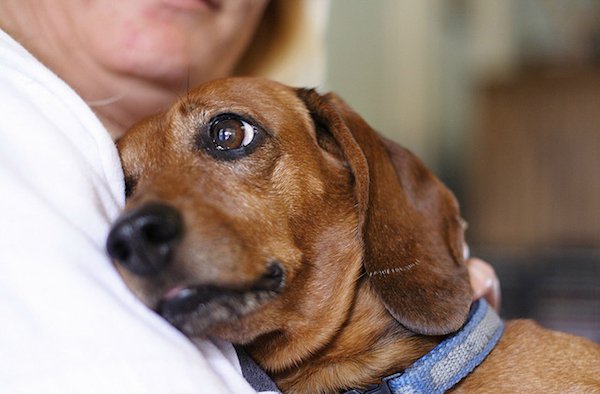
Dogs can recognize a human’s emotional state
Dogs have the ability to read body language and distinguish between smiling and neutral human faces, and will use that information in how they react to you.
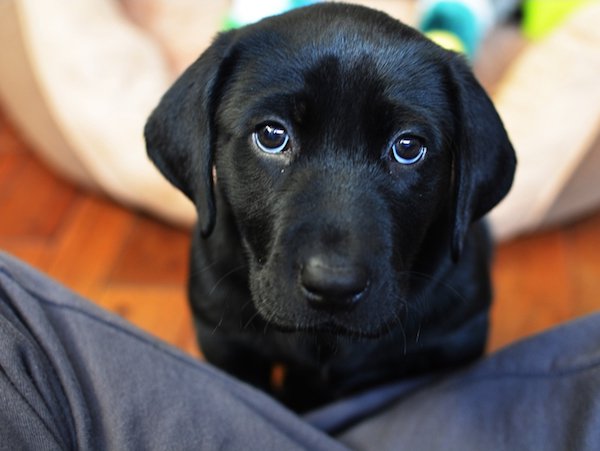
Dogs are the only non-primate animal to look people in the eye
Dogs are huge on eye contact, and will look right into your soul to communicate needs and emotions. In fact, dogs would rather look at their humans eyes, then their actual biological dog parents. We all know this look, the “puppy dog eyes.” It helps bond the parents and the dogs.
It’s also reflective of the animals nature: timid dogs want something, while an aggressive dog is challenging you. This is why sometimes you don’t stare into an unfamiliar dog’s eyes – it’s a display of dominance.
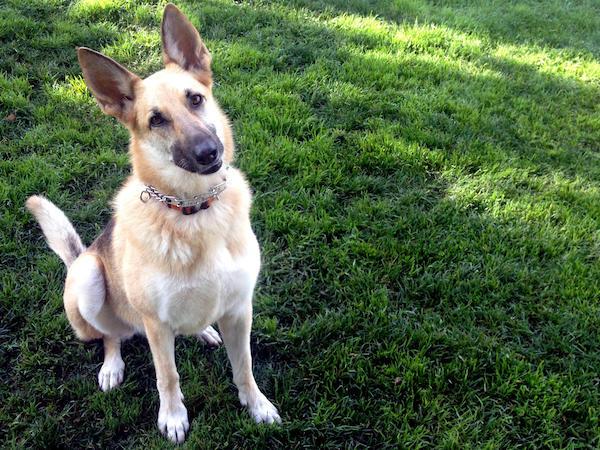
The meanings of certain words are understood by dogs
When you tell your pup you love them, they understand, right? You might think so, and you’re not far off. Studies have found that dogs process language in the same part of the brains as well do. Dogs don’t just know who we are and how we say things, but also understand a degree of what we say. As long as the word has a meaning and an association, they can determine what you’re saying and what it all means.
Also, intonation is a huge thing. You can say absolute gibberish to your pup, but if you say it happily, they’ll understand the emotion and meaning behind it.

Dogs process sound in a similar way to humans
There was a study in Hungary that looked at how dog process sound, and it’s the same as us; it’s the same part of the brain. What this means is that when dogs hear whimpering and angry barking (emotional dog noises), they have the same physical reactions as we do. Emotionally charged human noises, cause the same effects. Simply put, humans and dogs react the same way to emotional dog and human noises. That said, it was proven that dogs are more reactive to canine sounds, than human sounds.

The love hormone that drives us, also drives dogs too
Dogs have the same hormones and chemical changes that occur during an emotional state, as well do. These hormones include oxytocin, which is a love/affection/warm feeling chemical. According to a Japanese study, when dogs and humans gazed at each other, there were increased levels of the chemical, not unlike the process of a mother-child bond.
So when someone refers to their doggo as a fur-baby, it’s true. They are like children to us, because that’s how they perceive us.
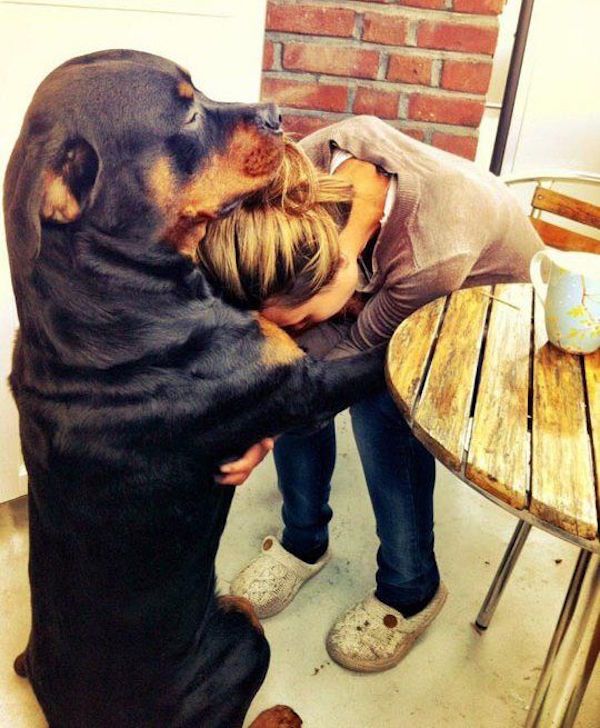
Dog’s can really feel your bad day
You’ve probably seen this in person, when you’ve had a shitty day and your dog reacts in the most comforting way. It’s almost as if he feels empathy with you. I hate to burst your bubble, but dog’s don’t feel that complex human emotion. Instead, what dogs are feeling is an “emotional contagion”- a response to your feelings, that make the dog feel the same way.
So what this response is, is essentially the dog feeling just as sad as you and seeking your comfort. You, in turn, are comforted. So, while they don’t understand what you’re going through, they sympathize with you, and you guys can feel better together.
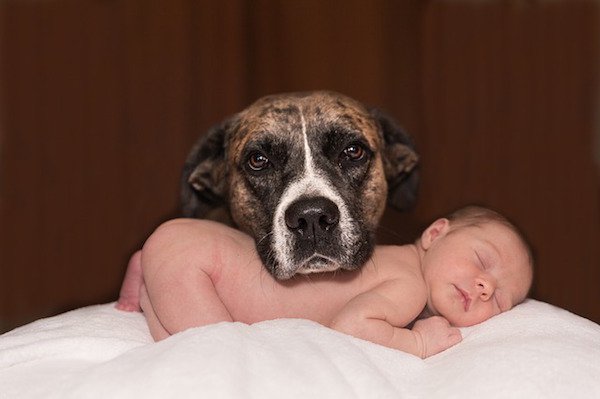
Dogs and babies are more similar than you think
According to scientists, the canine brain is similar to a 2-year-old child. Like a kid, a dog will seek out a parent for comfort when scared or worried, and are capable of problem solving much like a tiny human. They do this, because they feel a connection to their human, and know that their human will care and comfort them, much like a human child.

The “Bad Dog” look that dogs get isn’t actually shame or guilt
You know that look. You come home and all your shit’s been ripped up and your dog his hiding and/or hanging his head. Most people assume they feel ashamed. Well, as sophisticated as their brains may be, they’re not feeling bad about what they did. They’re feeling afraid.
According to a study that looked at what dogs do when their owners are not around, they found that the so-called guilty look is actually a response to the owners reaction, rather than an understanding that they fucked up. So it’s not a reaction to their act, but a reaction, to your reaction, to what they did.
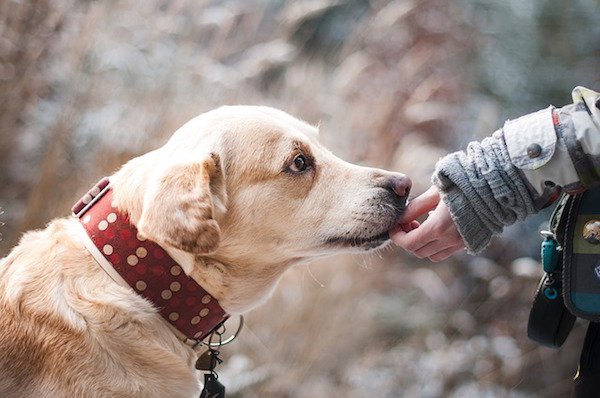
Dogs can differentiate between human faces
While it seems pretty evident, this is actually a remarkable ability. Only a few animals can do this. A study compared the reactions in dog brains when they look at everyday objects vs. human faces vs. their human’s face, and it was found that their brains lit up with faces. Located in the temporal cortex, which is the same part that lights us for us, this proves that dogs know us by sight as well.
This explains why your dog goes nuts when you FaceTime them too. They know your features, bud.
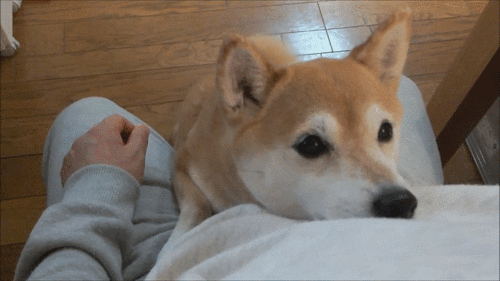
 Barnorama All Fun In The Barn
Barnorama All Fun In The Barn